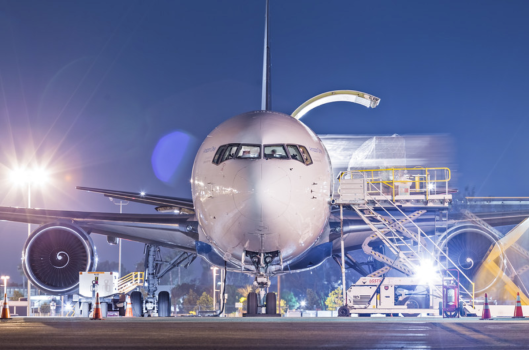With so many airlines chasing net-zero emissions targets, one of the easiest ways to achieve this is to fly less. However, that runs counter to the way most airlines do business, which is to encourage people to fly more to grow the business and revenues. But that is not a very environmentally friendly way of doing business. Artificial intelligence (AI) could potentially be a circuit breaker, encouraging people to fly less but spend more when they do fly.
"COVID-19 has presented the opportunity to reorganize how airlines do business so that it has a positive impact on the environment," says Mike Slone, Travel Retail Vice President at AI software firm PROs. "There's an opportunity for airlines to use AI-driven insights to keep up with the trend of taking fewer, longer trips, to advise customers and make their booking experience feel more personal and responsible."
Changes afoot in the way people travel
COVID-19 put the brakes on passenger demand worldwide. Particular markets and market segments are bouncing back faster than others. Compared to February 2019, seat availability was down just 11.3% in North America last month but down 48.6% in the Southwest Pacific.
Travel restrictions and border rules have a lot to do with those numbers. But the human factor is also at play - many people are making a conscious decision to fly less. Health rather than economic reasons drive that. But that reluctance to fly is likely to erode over time. Airline trade group IATA expects airline passenger numbers to eclipse pre-pandemic levels by 2024.
Continue reading: https://simpleflying.com/artificial-intelligence-airline-industry-environment/
"COVID-19 has presented the opportunity to reorganize how airlines do business so that it has a positive impact on the environment," says Mike Slone, Travel Retail Vice President at AI software firm PROs. "There's an opportunity for airlines to use AI-driven insights to keep up with the trend of taking fewer, longer trips, to advise customers and make their booking experience feel more personal and responsible."
Changes afoot in the way people travel
COVID-19 put the brakes on passenger demand worldwide. Particular markets and market segments are bouncing back faster than others. Compared to February 2019, seat availability was down just 11.3% in North America last month but down 48.6% in the Southwest Pacific.
Travel restrictions and border rules have a lot to do with those numbers. But the human factor is also at play - many people are making a conscious decision to fly less. Health rather than economic reasons drive that. But that reluctance to fly is likely to erode over time. Airline trade group IATA expects airline passenger numbers to eclipse pre-pandemic levels by 2024.
Continue reading: https://simpleflying.com/artificial-intelligence-airline-industry-environment/

